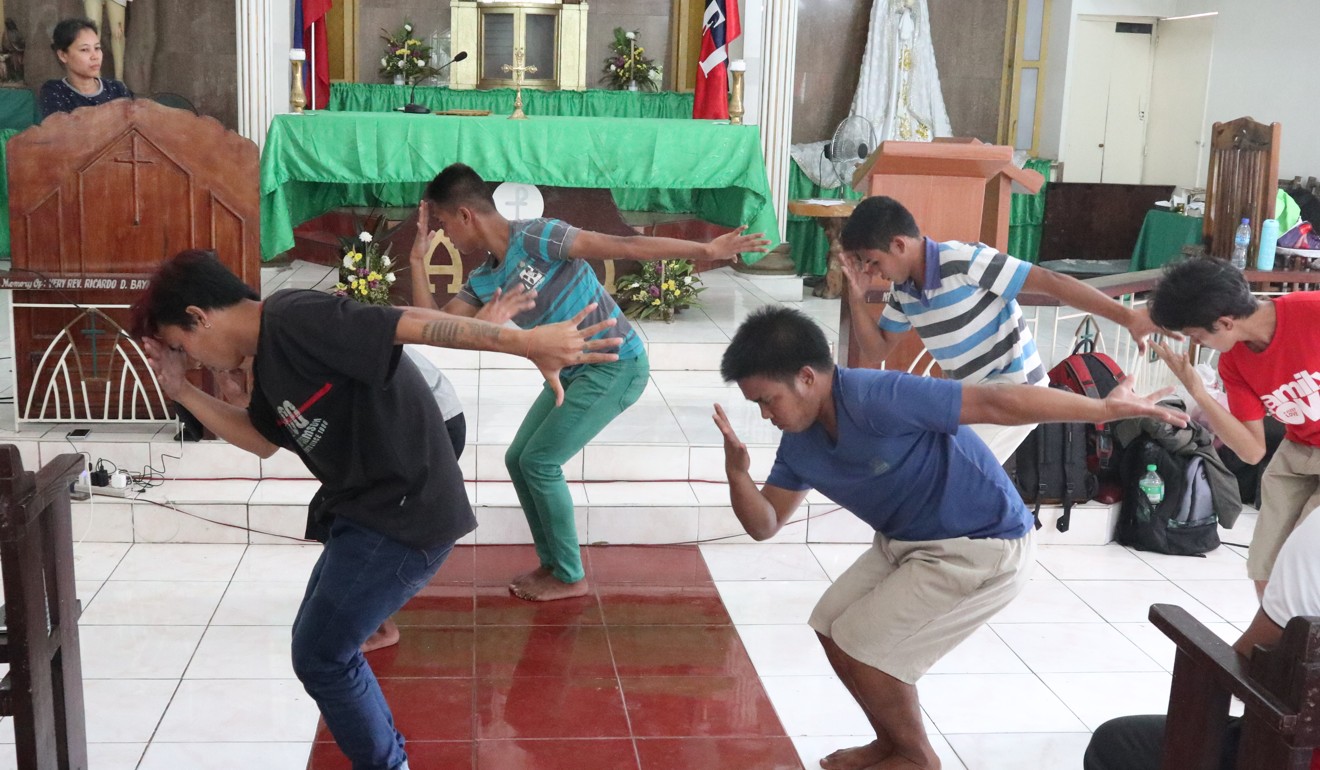
Duterte’s anti-communist crusade entangles Filipino cultural performance group
- Members of Teatro Obrero described being mocked by police and military personnel and forced to dance during their weeklong period of detention
- They were arrested as part of a sweeping counter-insurgency operation ordered by the Philippine president that also targeted advocacy groups
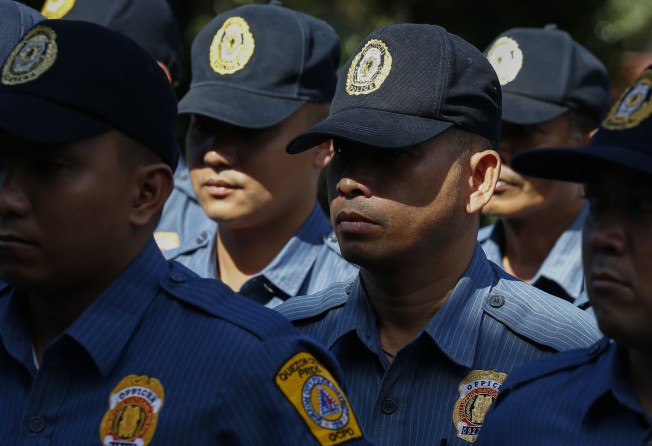
Workers’ rights activists in the Philippines have accused authorities of abuse after revealing how they were swept up in President Rodrigo Duterte’s crackdown on a long-running communist insurgency which he has vowed to “destroy” before leaving office.
The performance artists from Teatro Obrero, the cultural arm of the National Federation of Sugar Workers, were arrested in a raid in Bacolod, central Philippines’ Negros island, on October 31.
The group, best known for its cultural performances and re-enactments of what it calls the history of exploitative practices on Negros’ sugar plantations, has been accused by Philippine authorities of having communist sympathies – a practice known locally as “red-tagging”.
During the raid, armed officers wearing masks burst into the room where the group was rehearsing for an upcoming performance commemorating the end of Spanish colonisation, raised their guns and ordered everyone to lie face down on the ground, said Joe Del Mar A. Tano II, a member of the group.

“They made us drop and look down so we wouldn’t see what they were doing inside the office,” said the 18-year-old, who added that he “was kicked by a policeman in the back” when he tried to look up after hearing some younger members of the group crying.
The police carried out a search, emerging about 30 minutes later with a cache of firearms and explosives they said they had found in the offices Teatro Obrero were using as a practice space, leaving Tano and his fellow performers “shocked, because we don’t have firearms in our offices,” he said.
As they were lined up and arrested, officers bound their wrists tightly with cable ties which – for the men at least – were not removed until after their first night in police custody, Tano said.
There were 25 members of Teatro Obrero arrested that day, 13 of whom were minors. Those under 18 were mostly released by November 4 – the same day that the 12 adults were charged with illegal possession of firearms and explosives.
Charges against 11 of them were dropped upon their release on November 6, but at the time of publication, one member of the group remained in custody.
Once arrested, the cultural performers were shown videos of leftist political party Bayan Muna – which, along with 17 other groups was labelled as a front for “communist terrorism” by the Philippines’ armed forces earlier this month – and told that such groups were “not acceptable to the government under Duterte”, said Mario Tambiga, Teatro Obrero’s chairman.
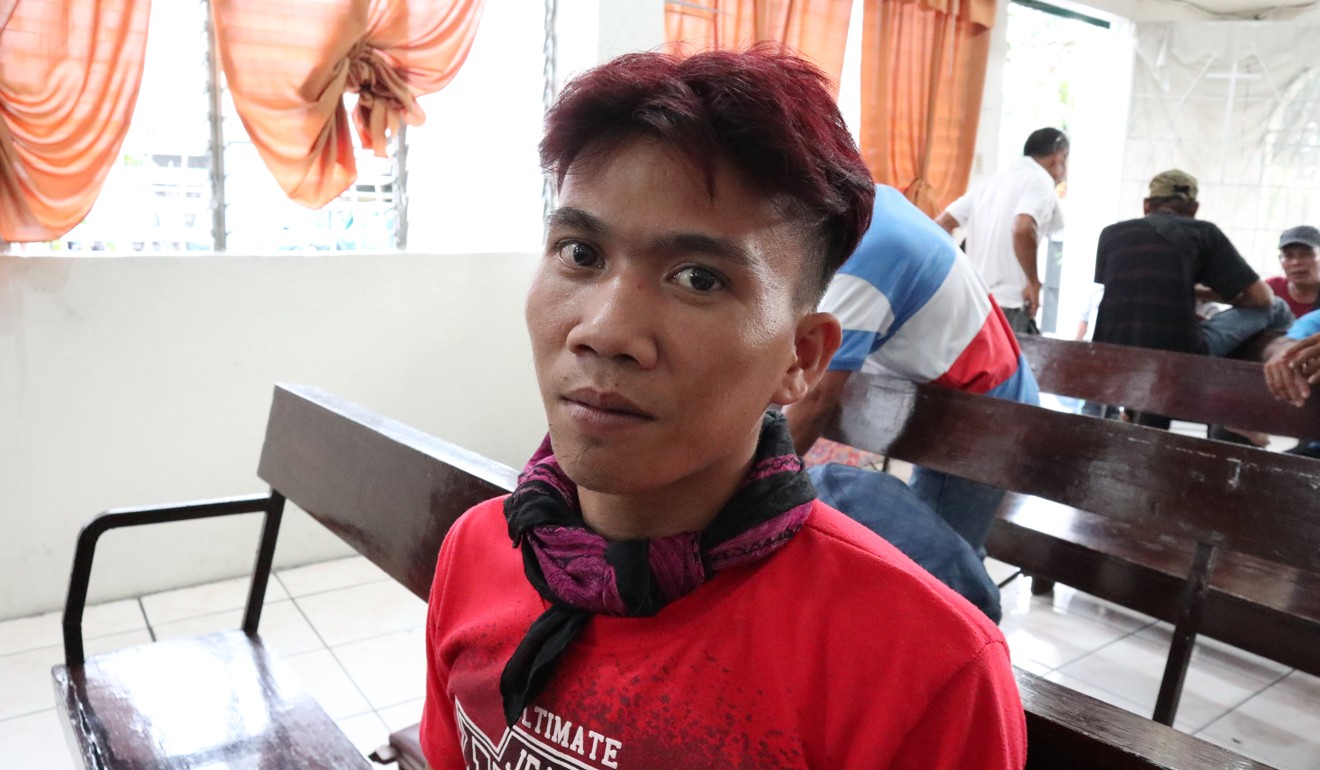
In detention, they were repeatedly awoken in the early hours of the morning and interrogated, then scolded by police for not being able to sleep, Tambiga said. Military personnel would also demand that they confess to being communist rebels “every time we went to the [toilet],” the 22-year-old said.
Other members recalled being forced to dance for policemen who “mocked them” and “kept on laughing”, said Zara Alvarez of the rights group Defend Negros which worked to secure the performers’ release.
“They never tortured us physically, but they tortured us mentally and emotionally,” said Junelle Miraflor, a 37-year-old who helps choreograph the group’s performances.
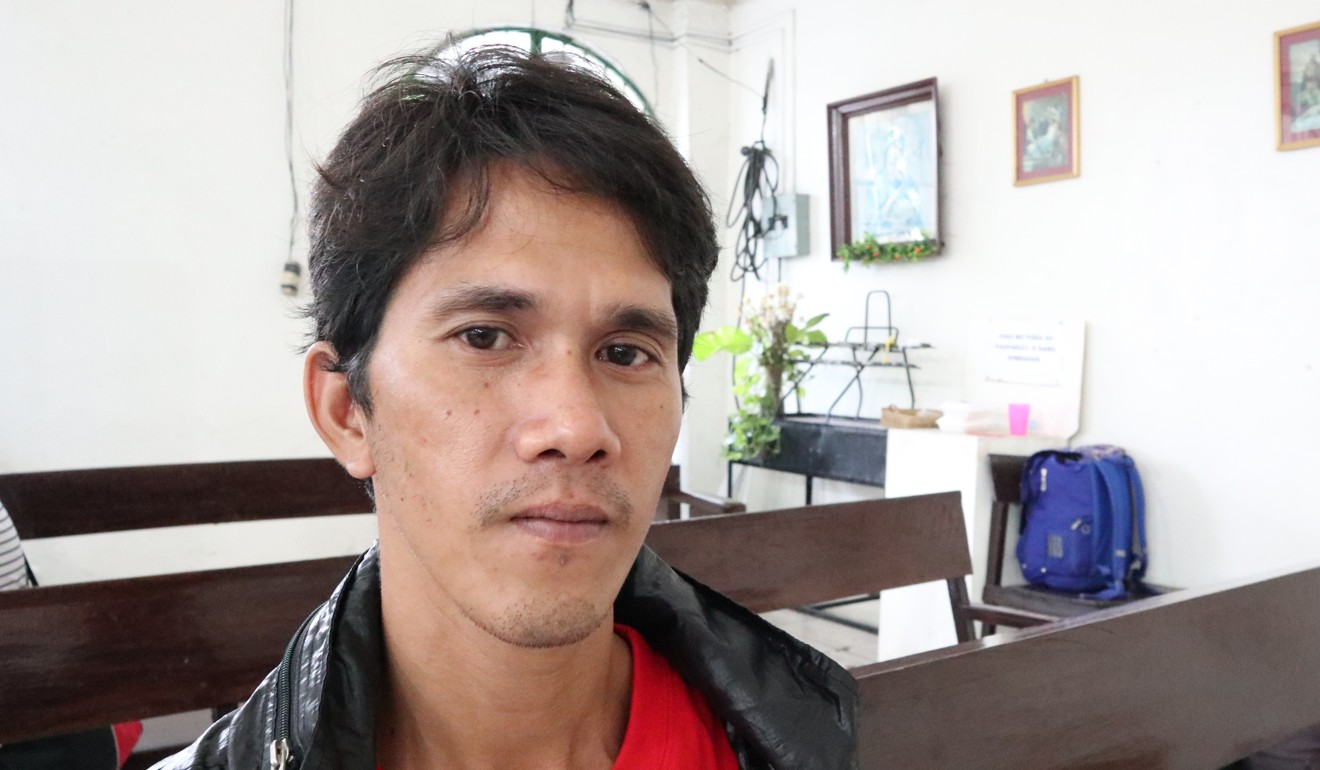
The October 31 raids in Bacolod, the provincial capital of Negros Occidental and a long-time hub for local organisations advocating for land and labour rights, were described by an army public affairs chief on November 2 as “a product of thorough intelligence operations”.
They were part of a series of counter-insurgency raids carried out on the central island of Negros that led to the arrests of 57 people – 13 of whom were under 18 – including members of Bayan Muna, militant trade unionist group Kilusang Mayo Uno, leftist women’s political advocacy organisation Gabriela Women’s Party and the National Federation of Sugar Workers, as well as 21 former workers for a regional bus company who had been laid off.
Of those detained in the raids, seven remain in custody, four were released on bail and the rest were released after the charges against them were dropped.
Earlier joint police and military operations in Negros, in December 2018 and March 2019, led to the deaths of 20 farmers and community leaders after Duterte issued an order giving the military sweeping authority to engage in counter-insurgency operations.
In a statement on November 5, the Philippines Commission on Human Rights said it had dispatched a team to “investigate and closely monitor” whether the raids in Bacolod were “intended to silence or curtail legitimate dissent”.
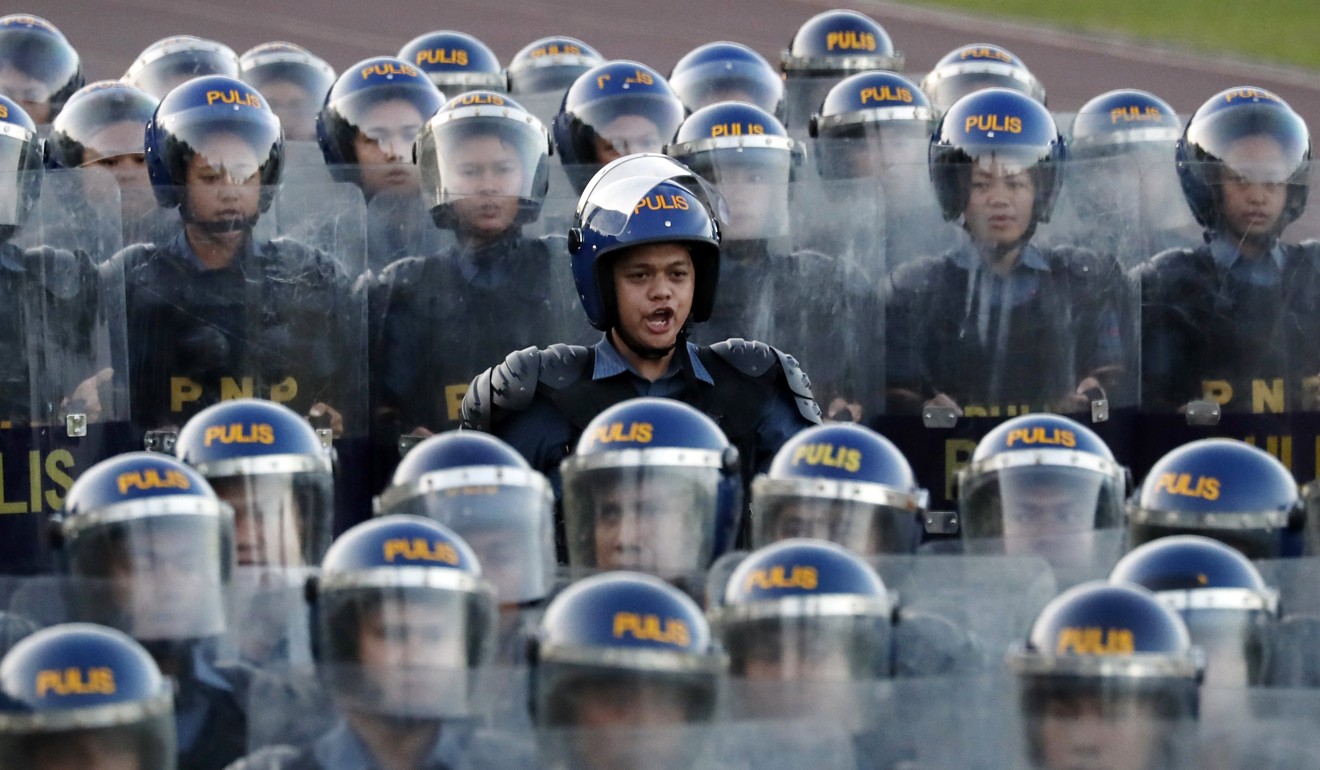
The arrests underscore a heightened sense of fear and paranoia in Negros, where activists regularly report receiving anonymous threats, being followed by unidentified men and subjected to police or military “visits”.
A number of Teatro Obrero members said their families continue to receive such “visits” and that they are afraid of returning home – a tactic that Clarizza Singson, chair of the Negros chapter of Philippine rights group Karapatan, described as a possible attempt to “force them to testify” against other detainees.
Teatro Obrero is not the only performance group to be targeted, either. In October, a cheerleading squad from the University of the Philippines Visayas faced online threats and harassment from Duterte’s supporters after a politically charged performance – shared by “queen of fake news” Mocha Uson, a former model and sex coach recently appointed to a plum overseas workers post by the president – went viral.
The Philippine National Police and Armed Forces of the Philippines did not respond to multiple requests for comment when contacted by This Week In Asia .